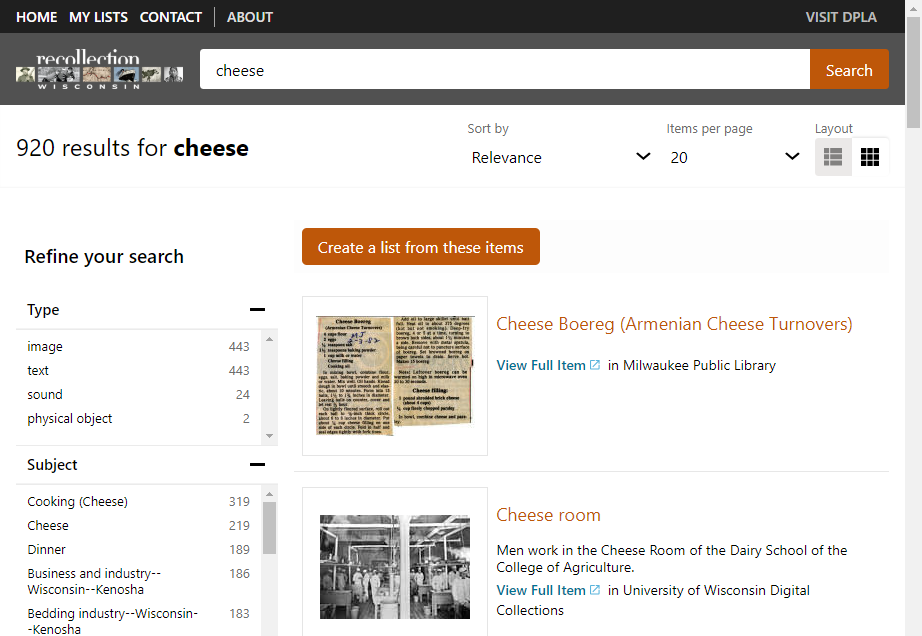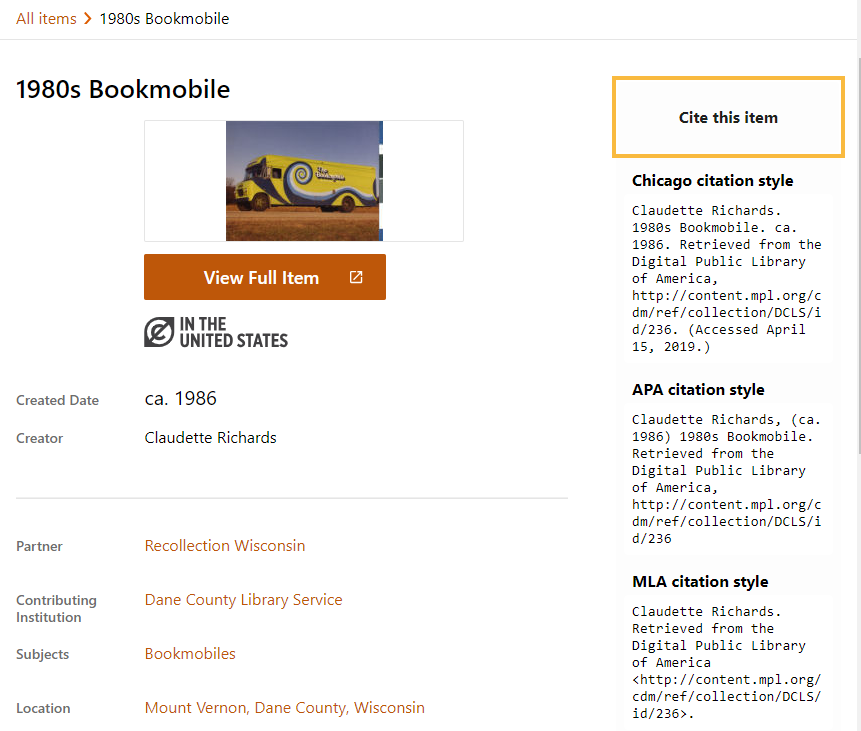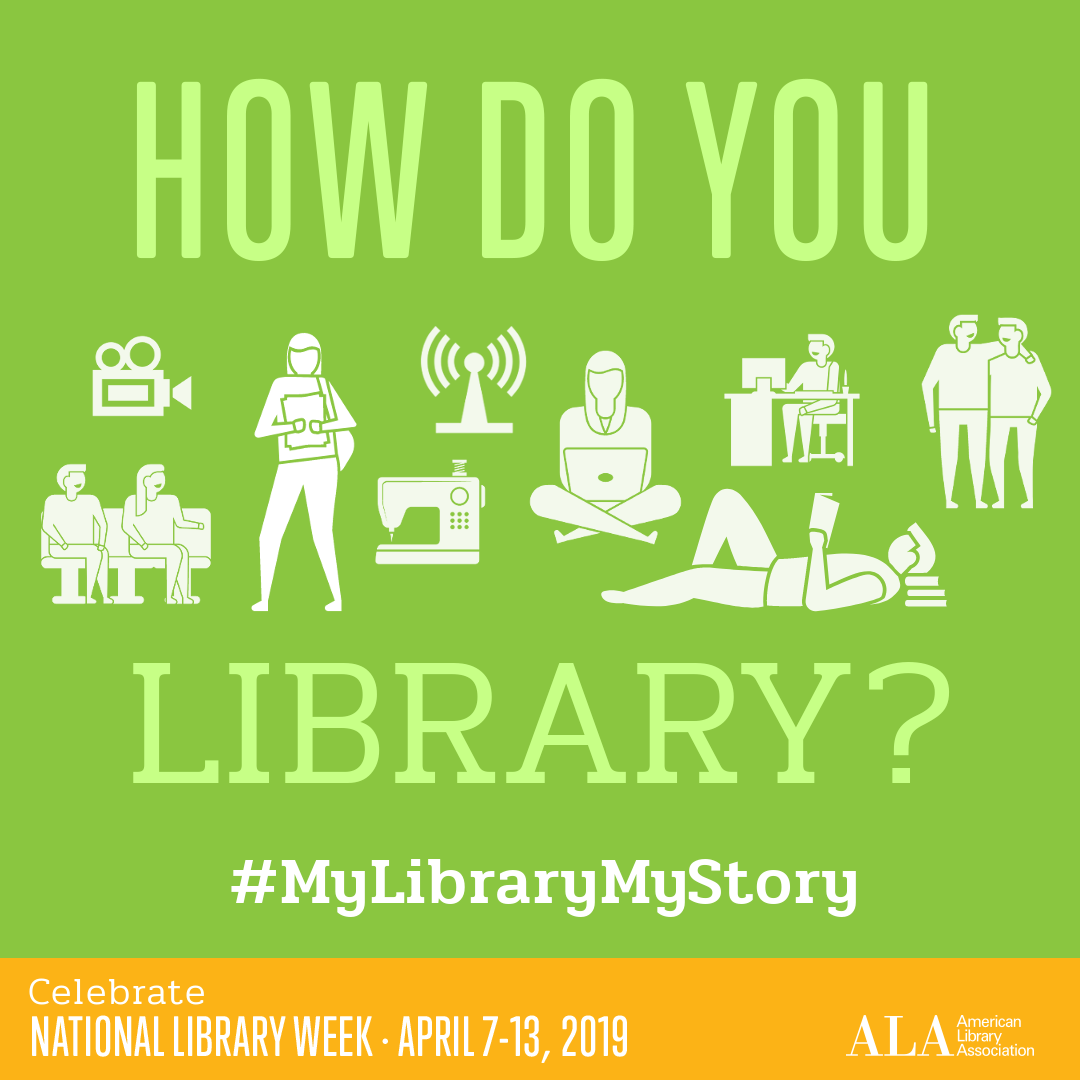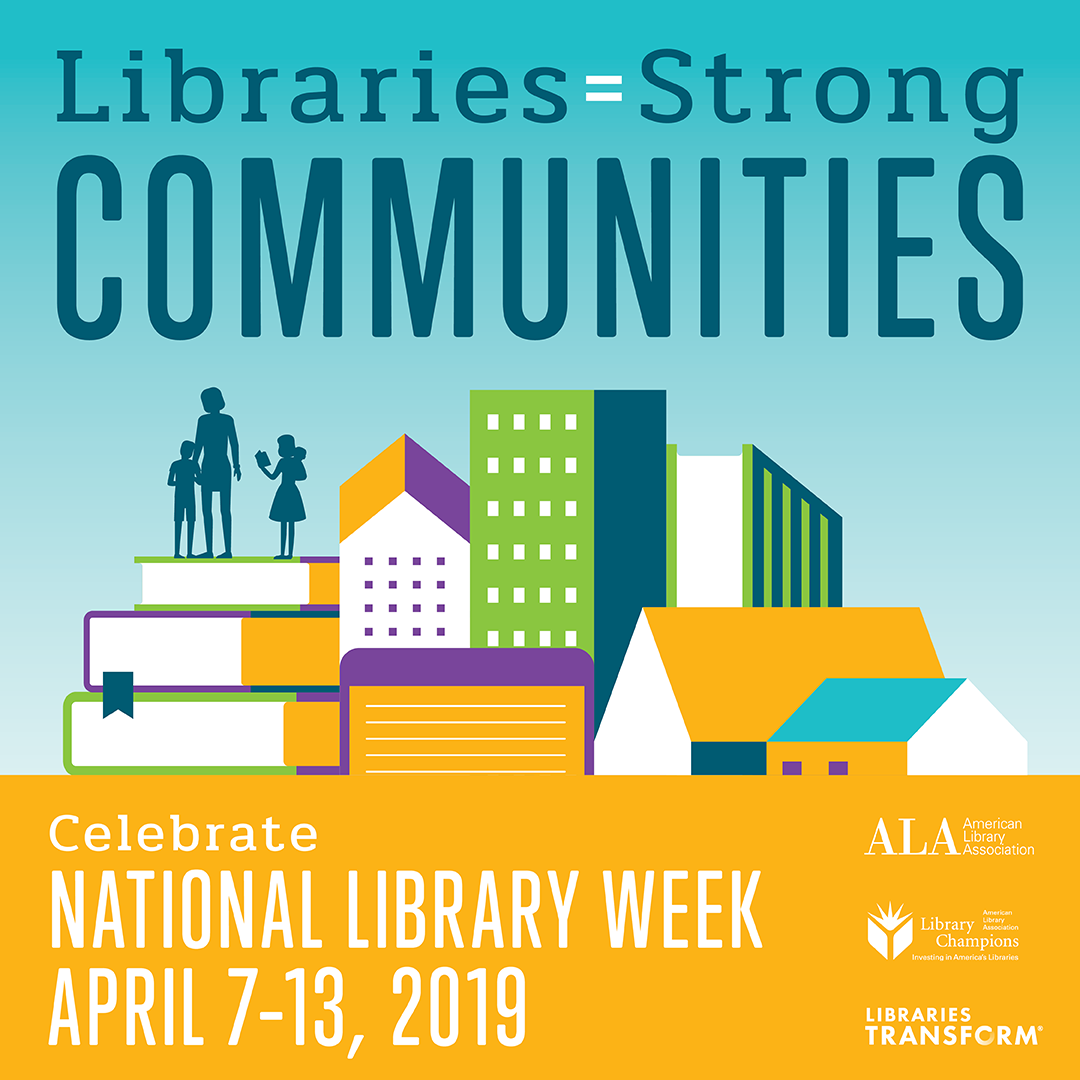In honor of Preservation Week, we have a guest post about digital preservation, written by Kristina Warner, iSchool student and Wisconsin Historical Society Program Assistant.
The term “digital preservation” is often considered scary, overwhelming and, the act of digital preservation often gets put on the back burner. However, in reality, we are seeing an increase in the number of records being born digitally and through many wonderful digitization projects. Our patrons want to see these culturally significant items with a click of the finger. While, this is extremely important and a great way to help preserve frail documents, we can’t forget about all of the time, money, and energy that goes into creating these digital collections. We can’t put the preservation of these digital objects on the back burner, or all of our hard work creating these digital collections will go to waste.
In the summer of 2018, I spent time working with the Outagamie Waupaca Library System (OWLS) to work on creating digital preservation guidelines and workflow. This project stemmed from Recollection Wisconsin’s Memory Project that allowed small cultural heritage institutions to digitize collections of significance. After this project was well underway, there was a realization that, despite finding funds to digitize collections, they needed to help these institutions with protecting the integrity of the digital objects for future generations. From this, the initiative Curating Community Digital Collections, supported by a grant from the Institute of Museum and Library Services Laura Bush 21st Century Librarian Program, was started to “provide library school students with practical experience in digital stewardship and increase the capacity of small libraries and cultural heritage organizations to curate their digital collections. Over two years, 16 students and 10-16 host institutions will receive training and mentoring in digital stewardship and will work together to manage, preserve and provide access to digital content.”
This opportunity to work with Recollection Wisconsin in this new program allowed me as a current student at the University of Wisconsin-Madison’s iSchool to get a better understanding of what digital preservation means and the true importance of working towards creating trusted digital objects. The digital world will always be evolving, so our work will never be done in our aspirations to create trusted digital objects and repositories. However, with the creation of documents by the participating students, we hope that other institutions who are working on starting to preserve digital objects can use these documents to help influence or guide them in the right direction and to let them know that they are not alone in this process.
My fascination with digital preservation and digitization projects has grown from this opportunity. So naturally, with working with the National Digital Newspaper Program (NDNP) at the Wisconsin Historical Society, I was curious as to how all of our digital objects are being preserved. This grant funded project partners other institutions with the Library of Congress to work on digitizing America's historic newspaper collections and placing them on Chronicling America, a database hosted by the Library of Congress. As of January 2019, 14,467,889 digital pages of historic newspapers are available for free. That’s a lot of digital content! The Society alone has contributed to 126,442 pages being stored on this free, full text searchable database at the Library of Congress. My biggest question with generating a large amount of digital content was, how are we working towards preserving our own content locally?
In December, I sat down with Hannah Wang, the Electronic Records Archivist for the Society, to discuss what is being done to protect our digitized newspapers, as well as other digital collections being held by the Society. Our digital collections are housed in the “dark archive,” which is a repository that is hosted by the University of Wisconsin-Madison Department of Information Technology (DoIT) and lets the Society to have instant access to our content (if needed, but restricted access to who can use it). The Society follows the principle of the 3-2-1 rule for digital storage with the help of DoIT: three copies, stored on two different media, and one copy located off-site. The program manager for the NDNP, Randi Ramsden, generates checksums on all digital objects, and before ingestion, Hannah checks the fixity of the files by comparing the hash.
The Society is hoping to move forward with preserving digital objects, especially with the ingestion of state records that have been created electronically, but in order to do so, we need financial backing and institutional support. This process of moving forward can’t happen overnight, but with checking where we stand on NDSA Levels of Preservation and what level we need to move to, we can slowly get to creating a strong digital preservation policy at the Society that reflects our diverse collections with a variety of needs. In early 2019, the Society is working towards this goal by allowing access and preserving objects with their WHS Electronic Records Portal.
In all, as we all move forward with digitization projects and/or ingestion of born digital objects, we can’t be afraid of digital preservation. This is just one form of preservation. We work towards preserving the physical objects for future generations, but we can’t forget about the digitized versions. These may one day, or are currently, serving as the only record of an object. We, as information professionals, need to make sure these digital objects are trusted representations of the object so future generations can continue on sharing and understanding our past.
This post was written by Kristina Warner, Wisconsin Historical Society Program Assistant. Work by the National Digital Newspaper Program (NDNP) will be showcased at a session at Wisconsin Association of Public Libraries (WAPL) Conference on May 2 at 1:45pm.





 The 2019 theme for
The 2019 theme for